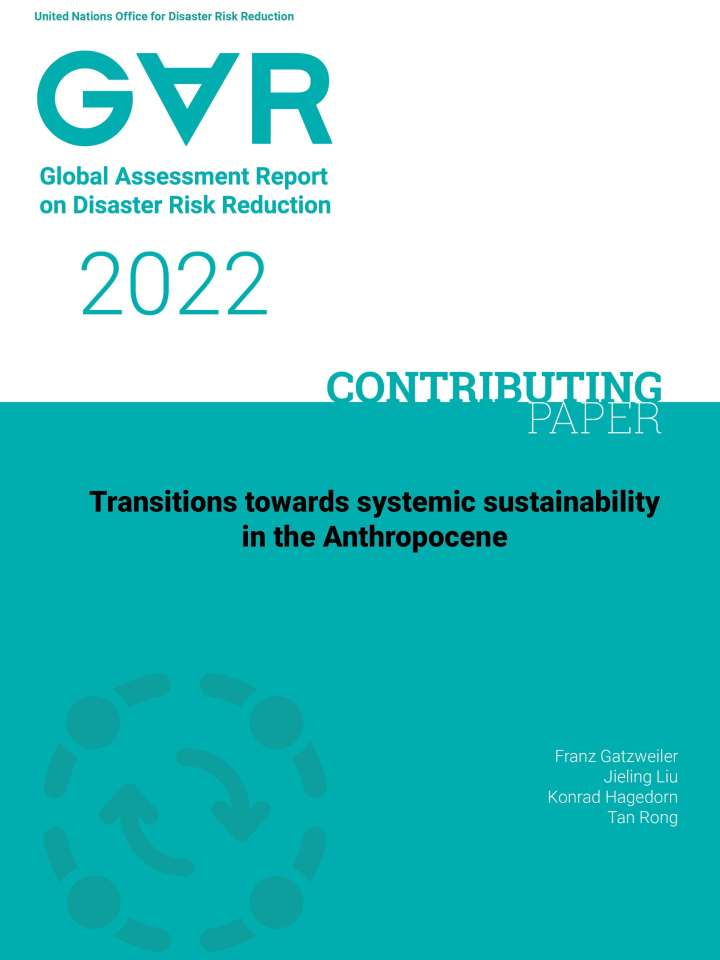Transitions towards systemic sustainability in the Anthropocene
This contributing paper explores the necessity of reflexive and adaptive systemic transitions and deep institutional change for socio-ecological sustainability to occur. Human impacts on the environment and the earth’s biosphere have drastically increased during the age of the Anthropocene and the great acceleration, creating increasing uncertainty. These impacts are far-reaching and systemic. They are not only threatening to compromise past development progress, but also trigger a feedback that can create much needed renewal and systemic change. Current threats to human and planetary health take place within an institutional environment mainly designed for periods of stable and sustained growth and it is an important cause of the systemic risks that humanity is facing now in the Anthropocene.
This study presents a framework to facilitate a greater understanding of the required systemic shifts and explain the how-to, through which transitions towards systemic sustainability may be achieved. Furthermore, it argues that systemic risks can maybe be delayed but not be prevented by merely making systems more resilient or adaptive, which would be considered a responsive feedback. To achieve higher levels of collective intelligence, reflexive institutional change is inevitable.
